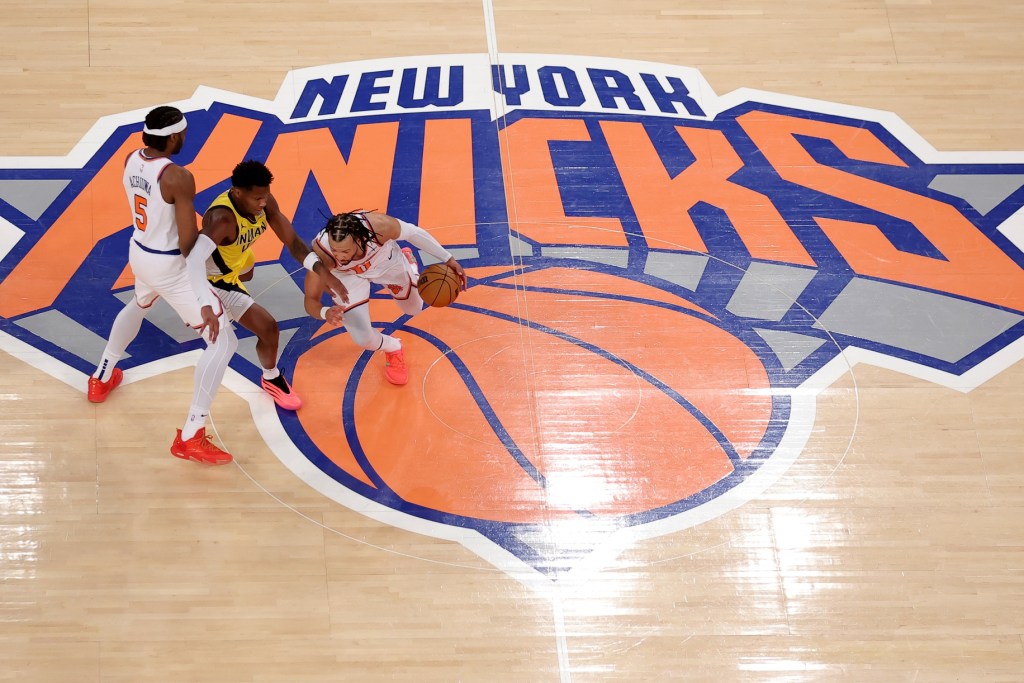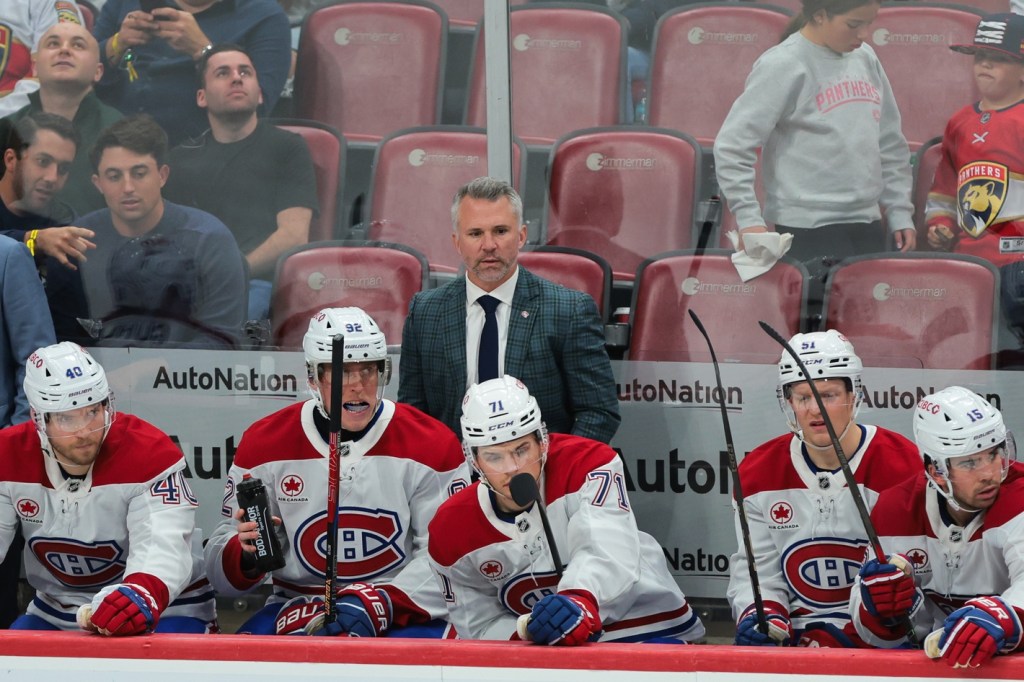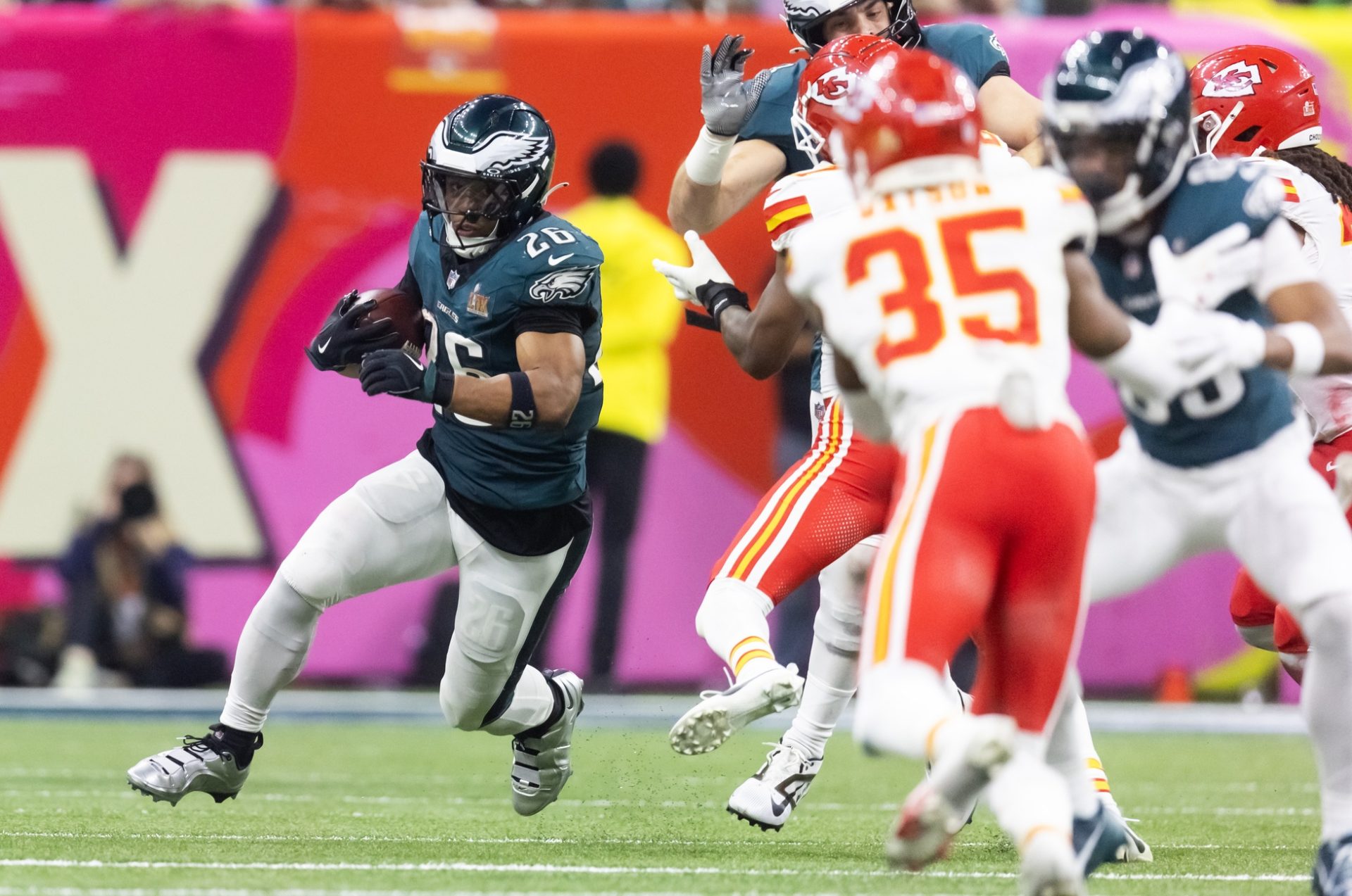The sale of the Lakers at a record $10 billion valuation has at least one activist investor wondering whether the Knicks could go for more.
Boyar Value Group believes the Knicks are leaving billions of dollars in value on the table by being part of Madison Square Garden Sports Corporation, a publicly traded entity that also owns the Rangers. Boyar Value, a shareholder in MSG Sports, urged James Dolan in a Tuesday statement to consider splitting up the company or even selling the Knicks outright.
The statement notes that while Forbes estimates the Knicks’ value at $7.5 billion and the Rangers’ value at $3.5 billion, MSG Sports trades at an enterprise value of $5 billion. As of Thursday morning, MSG Sports’s enterprise value was actually at more than $6 billion, perhaps due to a stock bump that can in part be attributed to enthusiasm about the team’s value after the Lakers deal.
“The Lakers sale highlights how cheap MSG Sports is relative to the value of its assets,” Jonathan Boyar, president of Boyar Value, tells Front Office Sports. “It’s a clear [comparison]. Both don’t own the arena, both are marquee assets with rich histories in major media markets.”
While the Knicks don’t own Madison Square Garden, Dolan controls it—and Radio City Music Hall—through a separate entity, MSG Entertainment.
In an open letter published days before the press release, Boyar emphasized that a spin-off shouldn’t be unfamiliar to Dolan and the MSG Sports board, which includes six other Dolan family members. MSG Sports itself was created through a 2020 spin-off, and Sphere Entertainment—owner of the Las Vegas venue—was spun out from MSG Entertainment in 2023.
Boyar says Dolan “has a fiduciary duty to shareholders and he should start acting that way,” although he admits he gives Dolan credit that “the right move thus far has been not to sell the team. Look how much it appreciated in value.”
A representative for MSG Sports declined to comment. But Dolan’s opinion on selling the Knicks or Rangers is evident. Just a few months ago, Dolan went on The Roommates Show, the podcast hosted by Knicks stars Jalen Brunson and Josh Hart, and was blunt in his response to Brunson directly asking whether he could see himself “walking away” from the assets.
“No,” Dolan said. “I could pass it on, right? But I could never walk away. … These are one-of-a-kind assets.” (Dolan inherited his empire from his father, Cablevision founder Charles Dolan.)
Boyar is open to options other than a sale. He says MSG Sports could also consider bringing on a strategic investor, like a sovereign wealth fund or private-equity firm. He also said the campaign isn’t personal.
“Everyone loves to hate the Dolans, although we give them more credit than most people,” he says.
It’s unclear how much of MSG Sports is owned by Boyar Value or its affiliate Boyar Research. Boyar declined to specify.
A recent example of another activism play from Boyar Value came earlier this year, when it opposed an unsolicited offer from Bill Ackman’s Pershing Square to acquire millions of additional shares in real estate investment firm Howard Hughes, in order to become its majority owner, for $85 apiece. Boyar Value felt it was a lowball offer. Pershing Square wound up increasing its bid to $100 per share, and in May the companies announced an agreement under which Pershing Square paid $900 million for nine million shares.
How Common Is Activism in Sports?
Shareholder activism involves pushing companies to change strategy, leadership, or structure.
While activism is widespread in corporate America, it’s less common in sports.
“Sports has come up in shareholder activism, but there are not that many opportunities for activism in sports,” Eleazer Klein, a partner at Schulte Roth & Zabel LLP who co-chairs the firm’s global shareholder activism group, tells FOS.
That’s largely because few sports teams are publicly traded. Beyond MSG Sports, examples include Manchester United and the Atlanta Braves. But sports-adjacent companies like Nike have also been targeted. In 2023 and 2024, Tulipshare pressured Nike to increase supply chain transparency. The proposal received some support but was ultimately rejected by shareholders.
Activist investor Nelson Peltz—who sits on the MSG Sports board—has also waged multiple campaigns against Disney, most recently over ESPN strategy. Disney won that battle.
Does This Activist Campaign Have a Chance?
Not likely—at least not without a change in ownership. Because Dolan controls the MSG Sports board, it’s nearly impossible for outside shareholders to force action. An investor at a company with a controlled board is what Schulte’s Klein describes as a “captive shareholder.”
“Captive shareholders have very little say in what can happen, they really just have to go along for the ride,” he tells FOS.
Activists in such situations often rely on public pressure campaigns to try to sway management.
“In controlled companies, it’s the perspective of trying to make them feel guilty through public campaigns,” Klein says. “It’s always a risky proposition because there’s no direct path to success.”
Boyar understands that right now his firm’s push is probably not going to compel Dolan to take immediate action. He didn’t rule out further actions in the future, but for now he is simply trying to bring attention to a cause he feels strongly about.
“I just hope that if you shine enough light onto something, that other shareholders also take up the case, but more important to remind MSG Sports of their fiduciary duty,” Boyar says.







